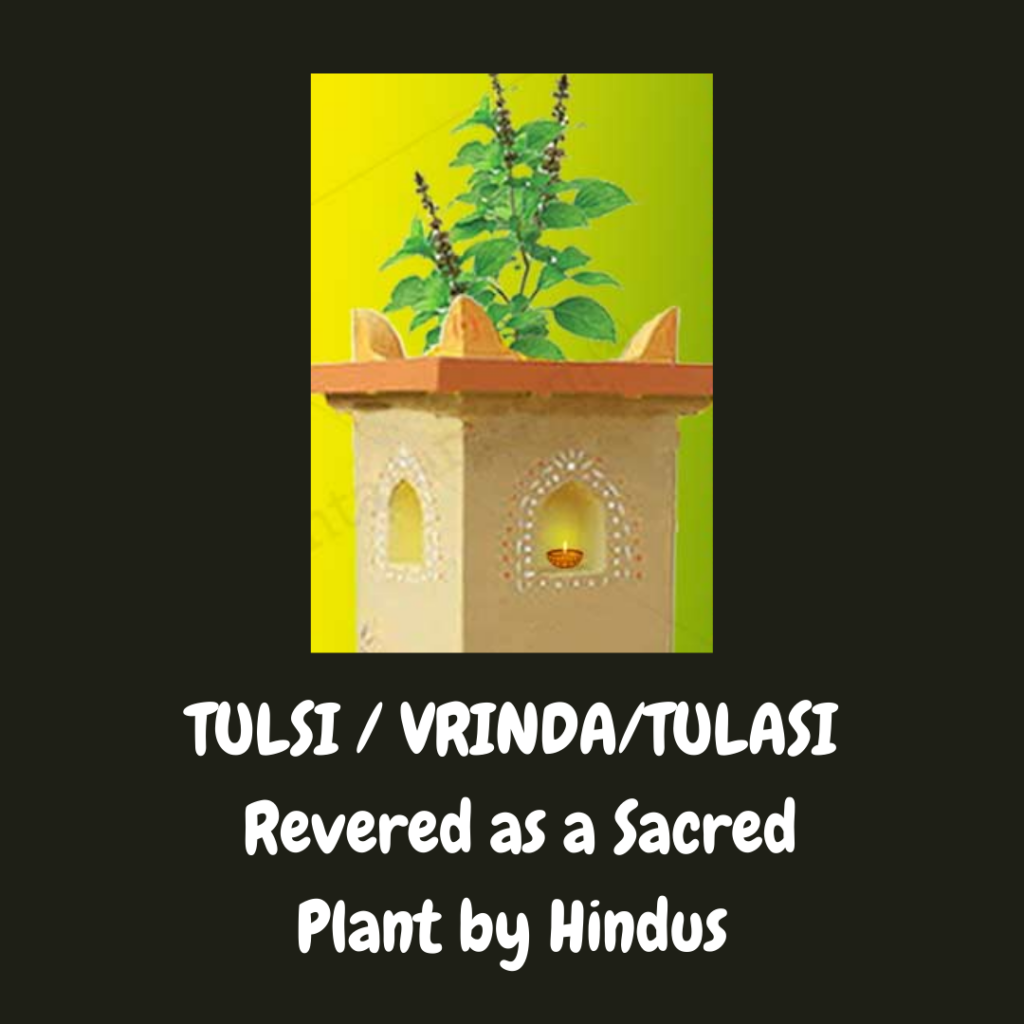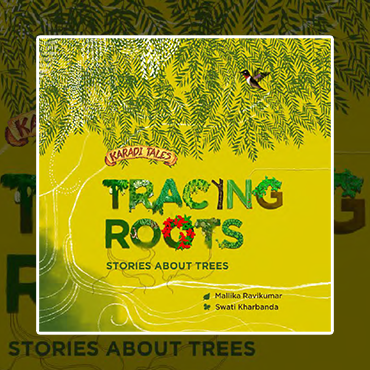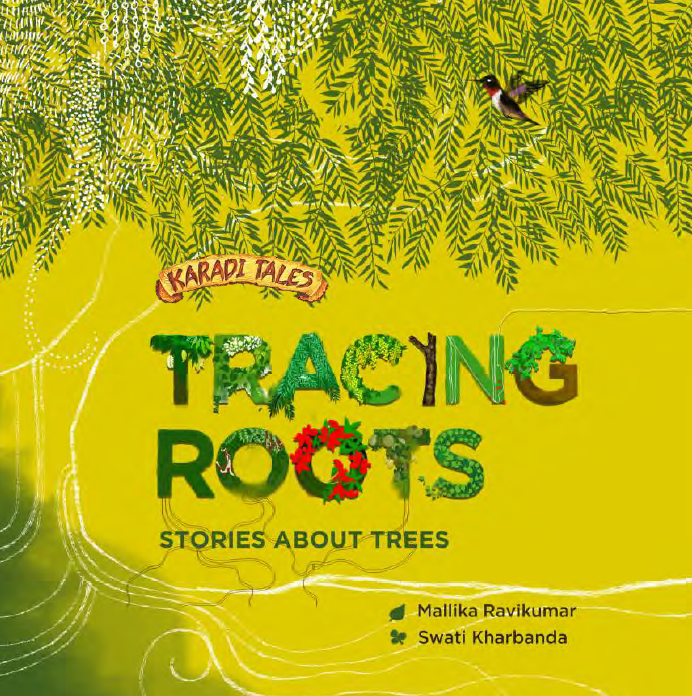As the world battles with a pandemic, many of us in India are trying to keep the virus at bay with homemade-concoctions – kashayams and kaadhas of all kinds; comprising herbs and spices – chief ingredient in which, is usually the TULSI.
So on this day of Tulsi Vivah – or the Marriage of the Sacred Basil – (yes…it’s an interesting ancient Indian ritual where Lord Vishnu is believed to marry the Tulsi), I’ve picked up an interesting story to narrate. A story that conveys the intrinsic goodness of the plant by giving it a divine aura and place.
The story takes us back to ancient times. To the time when Lord Krishna lived in Dwarka with his wives.
For the Love of Krishna
‘I love Krishna so much,’ Krishna’s wife Satyabhama told Narada Muni one day. ‘I wish I could have him as my husband in my next life too!’ she exclaimed. ‘And in every life after that! Forever!’
Narada Muni smiled. ‘That is not impossible!’ he remarked, plucking at the cords of his veena.
‘Really? Oh Munivar!’ cried Satyabama, ‘Please do tell me how I could achieve my heart’s desire!’
‘Listen…’ said Narada Muni, whispering into Satyabama’s ears ‘You give Krishna to me as an offering. Anything given to a brahmin as an offering is returned multi-fold to the giver!’
Satyabhama was perplexed with the advice. Could she give Krishna away as an offering? But the merit she’d earn by doing so, was much too enticing. She gave in, and offered Krishna to Narada.
As Narada Muni left for his heavenly abode taking Krishna along, Lord Krishna’s other wives came rushing towards him.
‘How can you take Krishna away?’ they demanded. ‘He is not just Satyabhama’s husband,’ they said, looking at her angrily. ‘But ours too! You have to give him back!’
Narada Muni stopped his heavenly journey and turned to address them. ‘Indeed,’ he agreed. ‘But to ask for something given in charity to be returned is also wrong!’ he quipped.
‘Satyabama has no right to give away something that does not belong solely to her!’ Krishna’s wives retorted rightly.
‘Alright!’ Narada nodded. ‘I can return Krishna if you agree to give me something that weighs exactly the same as Krishna!’
Overjoyed, the wives agreed. That couldn’t be too hard they reckoned.
A large weighing scale was brought out and Krishna was seated on one side.
Removing the jewels they wore, the women placed them all on the other side of the balance. To their astonishment however, Krishna’s pan did not budge.
They went running in to bring out more jewels – gold, silver, precious stones and every valuable they could lay their hands on. They brought it out and placed it on the weighing scale. But Krishna’s side did not lift even a single inch.
Startled they wondered how it could be that all those heavy, precious gems and jewels could not measure up to Krishna’s body weight.
Just then, Rukmini, Krishna’s chief wife entered the scene and was told about the goings-on.
‘You want to have Krishna back?’ she laughed. ‘Take off all these jewels from the balance!’
As the others stared in bewilderment, Rukmini strode to the Tulsi potted in the centre of the courtyard, and plucked out a leaf. Returning to the balance, she placed the Tulsi leaf on the other side.

Instantly, the pan with Krishna swung upwards, to the great joy of every one around.
‘The Tulsi is dearer to Krishna than all the valuables in the world!’ Rukmini said to Narada with folded hands, reclaiming her Krishna from him. ‘There cannot be a more precious offering!’
Divinity and Conservation
Quite often, stories such as this about trees and other life-forms, are subtle forms of Conservation. What signal does this story send out to a listener? That plants like Tulsi are sacred – and more precious than jewels – and hence that they must be cared for.
Indirectly therefore, the tulsi which is known to have medicinal properties is conserved. Veneration of the plant in homes becomes a way of preserving the useful species.
Stories like this also leave us often with questions.
Just like we ask ‘What right did Yuddhistir have to give Draupadi away in the Mahabharata?’ the same question holds true here too. ‘What right does Satyabama have in giving Krishna away?’
Even assuming one can make an offering such as that, can one give away something that does not belong entirely to them?

As with most of our ancient tales, this story too, leaves us with some positive learning, and some deeper questions!
So…have you had a kaadha with Tulsi leaves? How did you find it? Write in with your comments!
Another interesting story involving Krishna, Rukmini and Satyabama concerns another beautiful tree. I shall narrate it sometime soon! Do SIGN UP to the site to stay updated!



